14 Developmental Delay

This section includes the IDEA definition of the disability from federal law, along with specific information about eligibility criteria in Virginia. In addition, there is information about the prevalence, causes, and characteristics of this disability, along with specific strategies and accommodations that can meet the needs of students with this disability.
IDEA Definition
(b) Children aged three through nine experiencing developmental delays. Child with a disability for children aged three through nine (or any subset of that age range, including ages three through five), may, subject to the conditions described in §300.111(b), include a child—
Eligibility Criteria
VDOE Supplemental Guidance for Evaluation and Eligibility Virginia-specific guidance document that includes sample eligibility checklist (Refer to Table of Contents pages 2-4 and click on page number for disability category)
CDC: Developmental Delay – This resource provides information regarding various milestones.
Advocacy organizations
Council for Exceptional Children
ABOUT developmental delay
Prevalence
Visit the US Department of Education’s Open Data Platform to access IDEA Child Count Data by disability category, age, and other demographic and special education variables.
Developmental delay: identification and management at primary care level – This article describes DD including prevalence rates.
Causes
Yale Medicine – This website provides an overview of DD.
Characteristics
Not reaching developmental milestones in one or more of of the developmental domains (communication, motor, cognition, social-emotional, or, adaptive skills) in a time range representing the range of normalcy. Note, each state differentiates their developmental delay criteria in terms of percentage to qualify for special education services. Examples might include, not yet using single words to communicate wants and needs within the range expected or not yet taking steps to attain objects within the range expected.
The Centers for Disease Control provides an overview of milestones and developmental disabilities and this resource provides an overview of what developmental delay is.
instructional strategies
CEEDAR Center: Course Enhancement Modules – address culturally responsive practice, literacy instruction, mathematics instruction, UDL, and inclusive practice aligned with evidence for individuals with disabilities.
Talk with me Baby describes the importance of various types of early interactions.
Intervention Central – This website provides various instructional strategies to support children with DD.
These resources can be used to intentionally embed instruction into everyday routines and intentionally support child development:
- Embedded Instruction for Early Learning
- Embedded Instruction Practices
- Three things to do to help your child with developmental delays
This resource might be beneficial to share with families to support a parent or family experiencing a developmental delay.
accommodations / modifications
Accommodations: Instructional and Testing Supports for Students with Disabilities – This module provides considerations that promote access to the general education curriculum for students with disabilities
Accessing the General Education Curriculum: Inclusion Considerations for Students with Disabilities – This module provides considerations that promote access to the general education curriculum for students with disabilities
Please use this Google Form to provide your feedback to authors about content, accessibility, or broken links.

